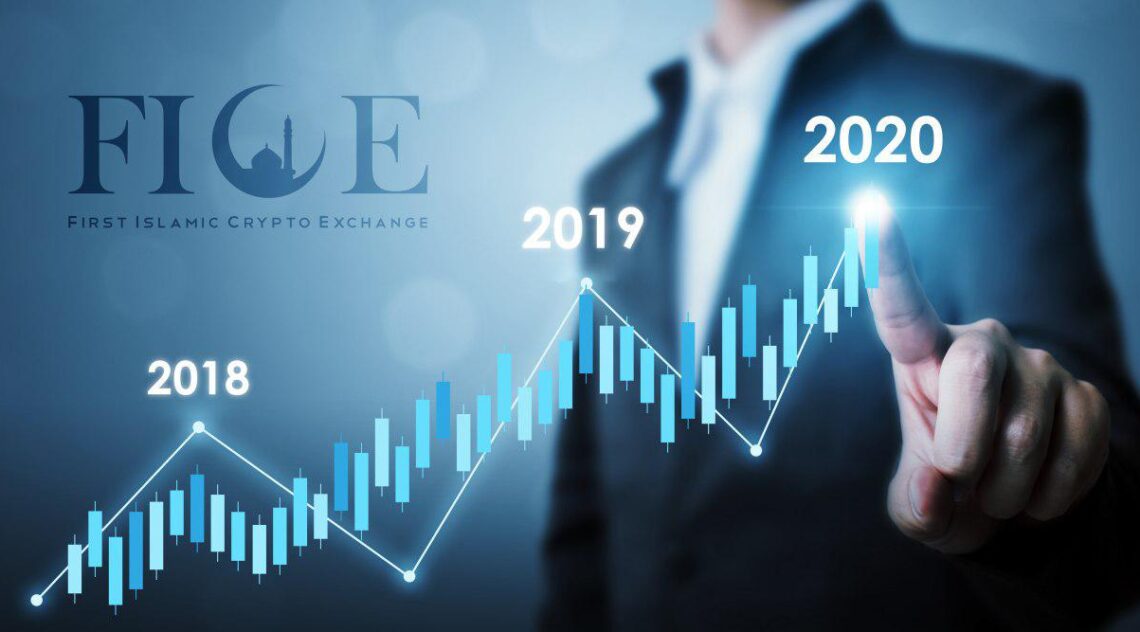
It is well-known that usually for investments significant capital is required as well as the fulfillment of various requirements and restrictions.
For example, for investment in real estate, a person needs to purchase it and this is affordable to a very limited number of people. Among other things, such investments also bring a huge amount of trouble. There are inconveniences for all participants in the real estate market – sellers, buyers, investors, management companies, etc.
How can tokenization solve this problem?
Everything is very simple, a digital token can cost $ 1 and anyone can buy this token and become a co-owner of real estate worth $ 1 million. Of course, he will own only 1 / 1 000 000 share of this real estate, but every dollar he has is provided with a real asset backup. He receives dividends from his investments on a periodic basis and among other things, can easily exit the “project” by instantly selling his token on the exchange or transferring it to the user instantly anywhere in the world, which is absolutely impossible for ordinary property buyers.
Token blockchain owners can change their tokens every second, while ordinary real estate buyers often need years to buy and sell their asset.
It does not require deep knowledge in this field to understand that it is faster, easier, more profitable, more liquid and more reasonable. Moreover,There is no better solution than blockchain as it is safer, more reliable and simpler.
Tokenization is the future of the financial world, it is the future of any business that wants to grow, scale, be modern and reliable.
A token, in this sense, is not just a digital record or cryptocurrency, but already a full-fledged blockchain action, the value of which is provided by assets.
Moreover, the token must be securitized – issued in accordance with laws, compliance with all regulatory requirements, and is essentially a regulated financial instrument.
Recently, tokenization was understood as the issue of digital money – the cryptocurrency that was used in the ecosystem of the issuing company, which is in fact, are private money, the value of which was determined by the usefulness of their use within the system for which they were created.
In fact, it was the sale of an electronic analogue of private money for real money, whereby the company raised funds to launch its project. To simplify, it was crowdfunding for tokens.
However, the viability of such tokenization was very limited. Maintaining the real value of such tokens turned out to be quite difficult and only a few (mostly crypto-exchange tokens, tokens used in crowdfunding and some others) were able to maintain high value and liquidity.
Therefore, now a new type of tokenization is gaining turnover in the world – the issue of regulated tokens secured by real assets. In essence, this is no longer private money, but regulated financial instruments, such as shares or bonds.
Asset tokenization is the process of transferring rights to a financial asset to a digital token. Thus, physical assets can be transferred to a digital system on the blockchain, where they will be recorded and sold. Such a system will be more confidential and secure, since all operations in it are performed in encrypted form and are entered into Blockchain information blocks that cannot be falsified or changed.
In addition, the transition to digital form allows you to increase the speed and security of operations, as well as make them as simple and convenient as possible, and eliminates the need to cooperate with intermediaries. Asset tokenization will eliminate paperwork, which is the main difficulty in trading, for traders trading in the stock market and will provide an easier way to sell and buy assets. Accordingly, it will nullify the need to hire asset management companies. All this should significantly increase the liquidity of assets.
Tokenization of the business will significantly save on payment processing, as well as make accounting easier. In particular, modern encryption algorithms that protect payments require the implementation of PCI DSS protocols in applications and platforms. Tokenization will allow you to store and manage data, operating only with a token, without compromising the data of the company and customers.
Of course, the main advantages of tokenization are decentralization, transparency and security of transactions that are characteristic of the blockchain.
Adab Solutions has completed the development of the FICE crypto exchange (First Islamic Crypto Exchange) and is starting its new project – the Adab Project.
The company’s specialization will be the tokenization of the existing business, as well as the development of crowdfunding solutions for startups.
The company will offer to businesses complete solutions from preparing a white paper project and developing a smart contract to developing private blockchain solutions.
Co-owner of the company Mr. Sulaiman Al Fahim believes that the new era of blockchain will mark a fundamental change in the business processes of companies in any industry.
Blockchain is not only innovation, transparency, but also a huge financial benefit.
This saves a lot of money on document management, automatic execution of smart contracts, staff reduction and the absolute elimination of any errors of the “human factor”.
This is the reliability, honesty and reputation of the business.
Dr. Al Fahim expresses confidence that his company is one of the pioneers of tokenization in the Arab region which is able to help many companies improve their financial condition, implement new projects through the use of blockchain technology.